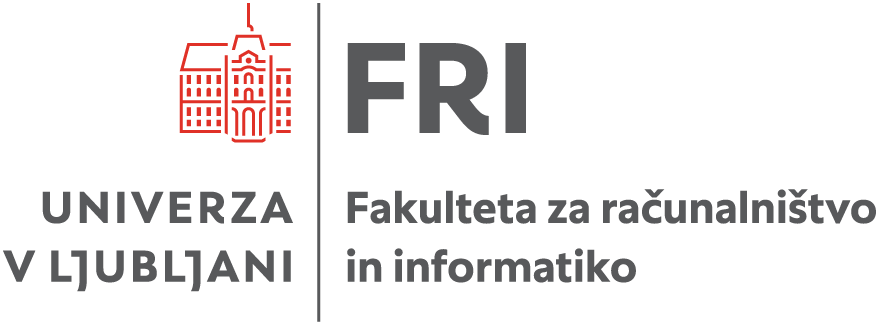Description: Researchers often face big computational challenges, for example in big data analysis, physical simulations, computational chemistry, computational biology, weather prediction, fluid dynamics simulations, etc. For many problems, appropriate software is often available but needs to be adapted to run on the chosen supercomputer.
In this workshop, we will look at some typical ways of using the Bash shell to run automated jobs and distribute the work across machine resources. Using simple Python programs as examples, we will learn how to efficiently distribute work across processor cores, graphics accelerators on different nodes. We will learn about several ways of loading software: in the home folder, via environment modules and containers.
Today, many software tools are available in the form of containers (lightweight virtualisation). We will learn about the concept of virtual machines and containers and highlight the differences between Docker and Apptainer container designs. We will learn how to use ready-made containers and use practical examples to learn how to build a simple Apptainer container and run it in a supercomputing environment. Next, we will check how to integrate support for graphics accelerators and multi-node processing over Infiniband into the container.
The workshop will be hands-on, with exercises running on a modern HPC system.
Competences acquired:
- knowledge of Slurm middleware,
- understanding of environment modules and containers,
- use of existing Docker and Apptainer containers,
- building your own Apptainer containers to run selected applications on a supercomputing cluster,
- preparing complex runtime scripts for environment modules and containers,
- use of different computational resources in environment modules and containers (processor cores, graphics accelerators, nodes).
Difficulty: advanced
- Recommended prior competences:
- knowledge from the Supercomputing Essentials workshop,
- understanding of the structure of a computer cluster,
- working with the SSH client (command line, downloading files),
- basic knowledge of Slurm middleware,
- basic knowledge of the Linux operating system and the Bash shell,
- basic knowledge of the Python programming language.
Language:Slovenian
Maximum no. of participants: 15
Location: Faculty of Computer and Information Science, Večna pot 113, Ljubljana
Organizer

Lecturers
|
Name: |
Davor Sluga |
|
Description: |
|
|
E-mail: |
|
Name: |
Nejc Ilc |
|
Description: |
|
|
E-mail: |
|
Name: |
Ratko Pilipović |
|
Description: |
https://www.fri.uni-lj.si/sl/o-fakulteti/osebje/ratko-pilipovi |
|
E-mail: |

You can find more information on the event’s webpage, where you can also sign up.


